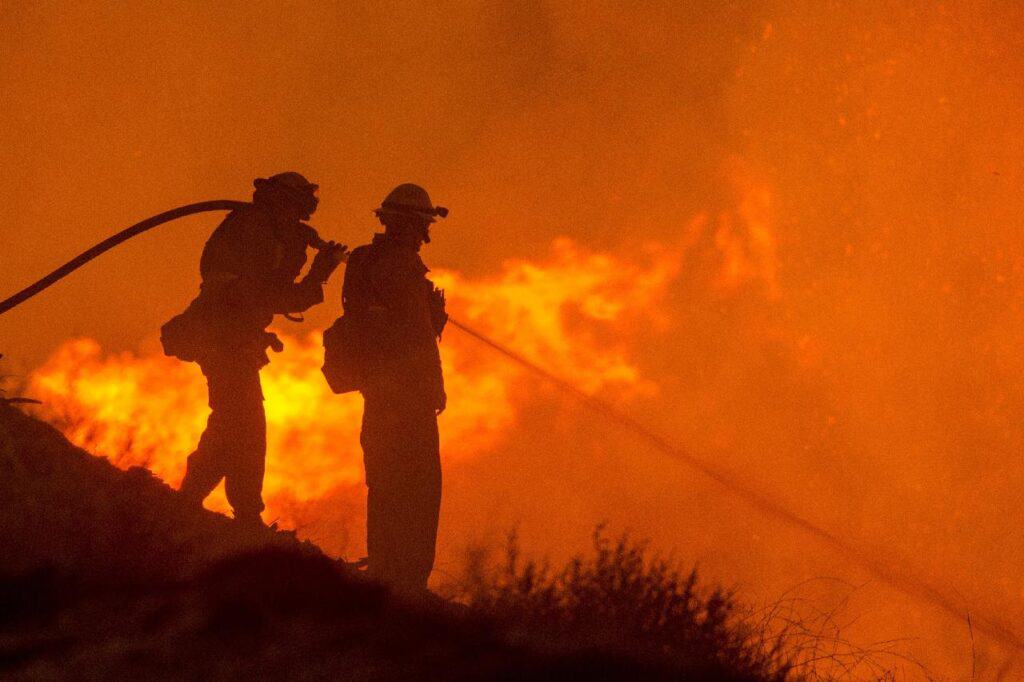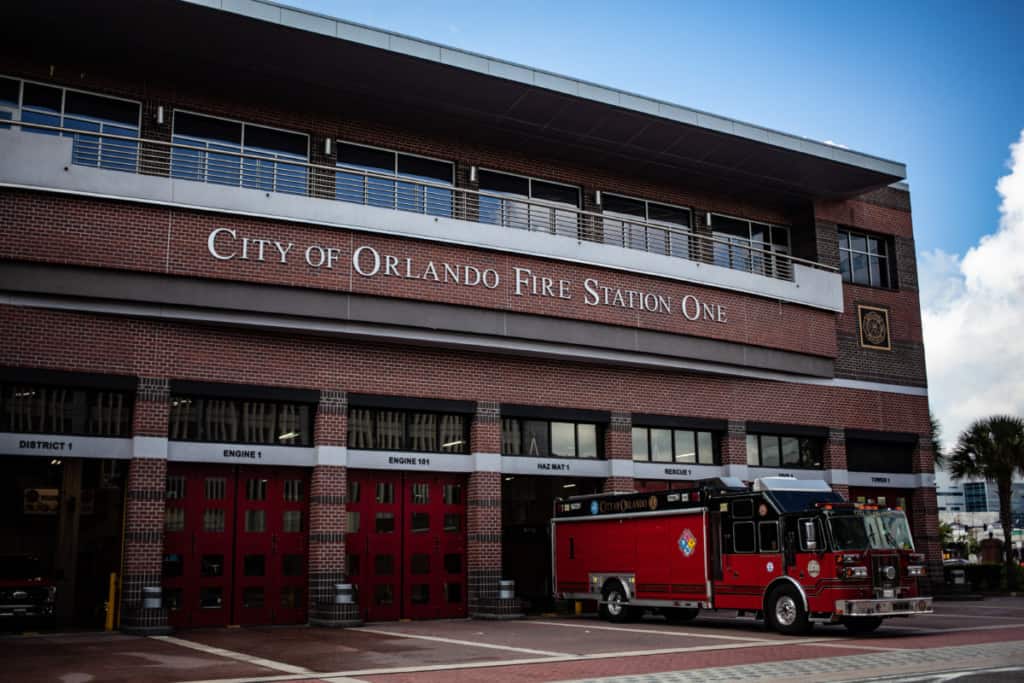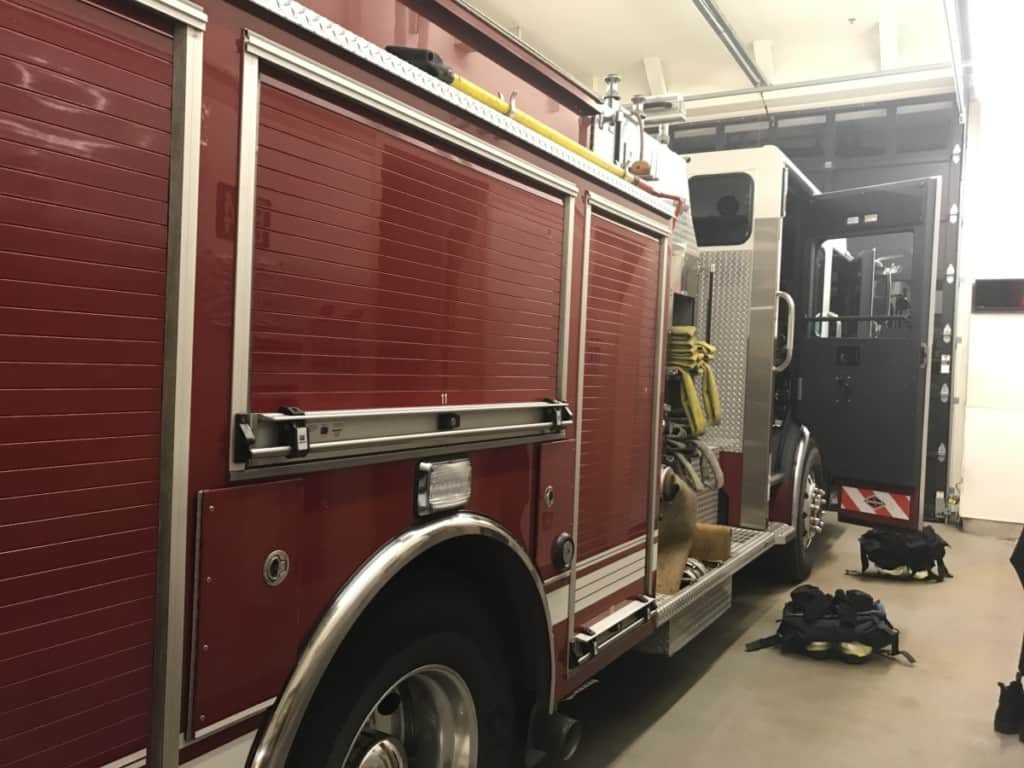If you’ve ever met a seasonal wildland firefighter then you will probably know that many of them are employed just for 6-9 months of the year to fight fires (during the wildfire season) and then they have months of time off at their disposal. But what do they do with this time are they required to carry out other duties or can they do what they feel like?
During the off-season, wildland firefighters may still work full-time as firefighters. However, seasonal wildland firefighters work during the fire season and may collect unemployment, travel, work other jobs, or further their education during the off-season.
Though I have never been a seasonal firefighter, I have been involved in some wildland firefighting and I know many people that are or were seasonal firefighters.
This article covers the things they may do with their time during the wildfire off-season (though the season seems to be getting longer every year in California). Check it out.
Your # 1 priority is keeping your family safe. As a firefighter, I recommend everyone has updated smoke detectors that don’t require battery changes, like these ones from Kidde, a fire extinguisher, like this one from Amerex, and a fire escape ladder if you have bedrooms above the first floor, I recommend this one from Hausse.
Also read: The 14 Best Gifts for Wildland Firefighters
7 Things Wildland Firefighters Typically Do In The Off-Season
Theoretically, seasonal employees can do what they like in the period when their seasonal employment comes to an end, but practically, the majority of seasonal wildland firefighters seem to opt for similar ways to spend their months of downtime.
1. Full-Time Firefighting
It is worth remembering that not all firefighters in this branch of the fire service are seasonal.
In fact, many are full-time, permanent employees, and, in exchange for being able to draw a salary for 12 months of the year rather than 6, they are expected to keep on working when everyone else goes.
This doesn’t mean they patrol wet countryside searching for fires that have no chance of breaking out. Though they may be less busy in the fire off-season, they may be expected to run other types of calls, train their skills, maintain equipment and help the public in other ways.
Also read: How to Become a Firefighter: The Complete Guide
2. Working As An EMT/Paramedic
As with regular firefighters, many of the wildland firefighters are also qualified EMTs or even paramedics and it’s not too difficult to find temporary EMT work.
Many emergency services across the country are permanently understaffed and would leap at the chance to have a qualified professional from another service on-board even for a short period of time.
This is a very natural fit for a firefighter’s talents, and this is a super popular way to spend those 6 months before the next season. It can also help to improve EMS skills for those who are working towards a full-time firefighter position with a city department.
Also read: Do Firefighters Have to Be Paramedics or EMTs?
3. Get Into Shape
No form of firefighting is easy on your body and wildland firefighters may be walking and on their feet for 16 or more hours at a time.
In fact, one of the few things that they will need to buy before they can go out on the job is a very sturdy pair of boots because of this.
Also read: The 7 Best Firefighter/Paramedic/EMT Station Boots
Thus, many firefighters spend their downtime (or at least part of it) working out and trying to stay in peak physical form for the next season.
To get an idea of the level of fitness that is required of a wildland firefighter, watch this video:
Also read: The Fitness Requirements for a Firefighter – Explained
4. Going Back To College
Other firefighters want to improve their skills or their career prospects and while some may physically return to college many others will elect to study online during the 6-month break.
This is a very effective way of learning and, in fact, many seasonal firefighters are college students fitting work around their studies rather than vice-versa.
This can be a great way to get the experience and education that is needed for competitive municipal firefighter positions.
Also read: What Should Firefighters Major In? Firefighter College Degrees
5. Other Federal/State Projects
One of the advantages of being a federal or state employee is that you’ve already passed the background check, as it were, and thus seasonal firefighters are often an easy choice when hiring temporary staff for other federal projects.
This is particularly true of infrastructure projects on the roads.
6. Employment With A Private Company
Then there’s the good old fallback position of a regular job.
Some firefighters will do admin, some will work in restaurants, others in bars, some will take on other more unusual forms of employment – almost all of them will be doing it to mark the time until they get to go back to their “real job” of wildland firefighting.
7. Traveling
Many choose to spend their time off work traveling the world. If they manage their money well, they may not even need a job in the off-season at all. After all, a single person working as a firefighter should save quite a bit of money during the season.
Many firefighters expressed a preference for skiing breaks and some even admitted that they alternate between skiing and firefighting every year. Which seems like a very pleasant way to while away the time.
How Much Do Wildland Firefighters Make In A Season?

A seasonal wildland firefighter can do very well in the United States, given that their season is usually 6 months long, the average earnings in that period, according to Zip Recruiter is a very respectable $49,932!
Given that this is substantially above minimum wage and that firefighters in-season don’t get much of an opportunity to spend their earnings, because they’re working long hours – this may explain why so many wildland firefighters opt for a long vacation when the season’s done, it’s because they can!
Also read: Can Firefighters Make 100k Per Year?
Can Seasonal Wildland Firefighters Collect Unemployment?
Yes. In most cases, a seasonal wildland firefighter is a federal or state employee and when their contract comes to an end, they are eligible for unemployment. However, it’s worth noting that this is no longer the easy ride that it once was.
While you claim this benefit, one of the expectations laid out on claimants is that they are supposed to look for other work. Once, it was accepted that you would be looking and no checks were made, now, those days are over.
You may be required to provide regular updates on your job-seeking activity throughout your period on unemployment and to report in person.
This can put a serious dampener on your plans if you want to get away for a few months. However, if you need the money and intend to stay at home – it’s good news that you have a support structure available to you.
The Darkside Of Seasonal Firefighting: Suicide Risks
We don’t want to dwell on this issue, but it is worth noting that seasonal wildland firefighters appear to face a much higher risk of suicide than other similar groups.
Florida State University presented the results of a study in 2018 that showed this risk was also higher than with other firefighters.
Nearly 55% of wildland firefighters reported thinking about their own death by suicide! That is a crazy high number!
Comparatively, other firefighters came at 32%, though this is still much higher than the background rate in the general population of 20%.
In 2017, 87 wildland firefighters committed suicide, which is more than the number who died actually fighting wildfires according to the FFBHA (Firefighter Behavioral Health Alliance).
This appears to stem from challenges maintaining a normal family life during the season in which a firefighter may work and be gone for 14 days at a time. They are unlikely to be able to call or text when out in the woods too.
If you are a seasonal wildland firefighter and you find that you are having such thoughts, you are not required to suffer in silence.
Seek help!
Talking about this is not to deter anyone from becoming a firefighter, as it is an amazing job.
I just want you to have all the facts so that you understand what you may be getting yourself into and hopefully it can help keep firefighters mentally healthy.
Conclusion
What do wildland firefighters do in the offseason? Well, there are plenty of options for how to spend their time. They might take up paid work, they might have fun, they could go to college or spend their time working out or a combination of any or all of these activities. There are some real benefits to working a job for only half a year at a time.
Related Articles:
Why Firefighters Set Backfires: The Science of Controlled Burns

